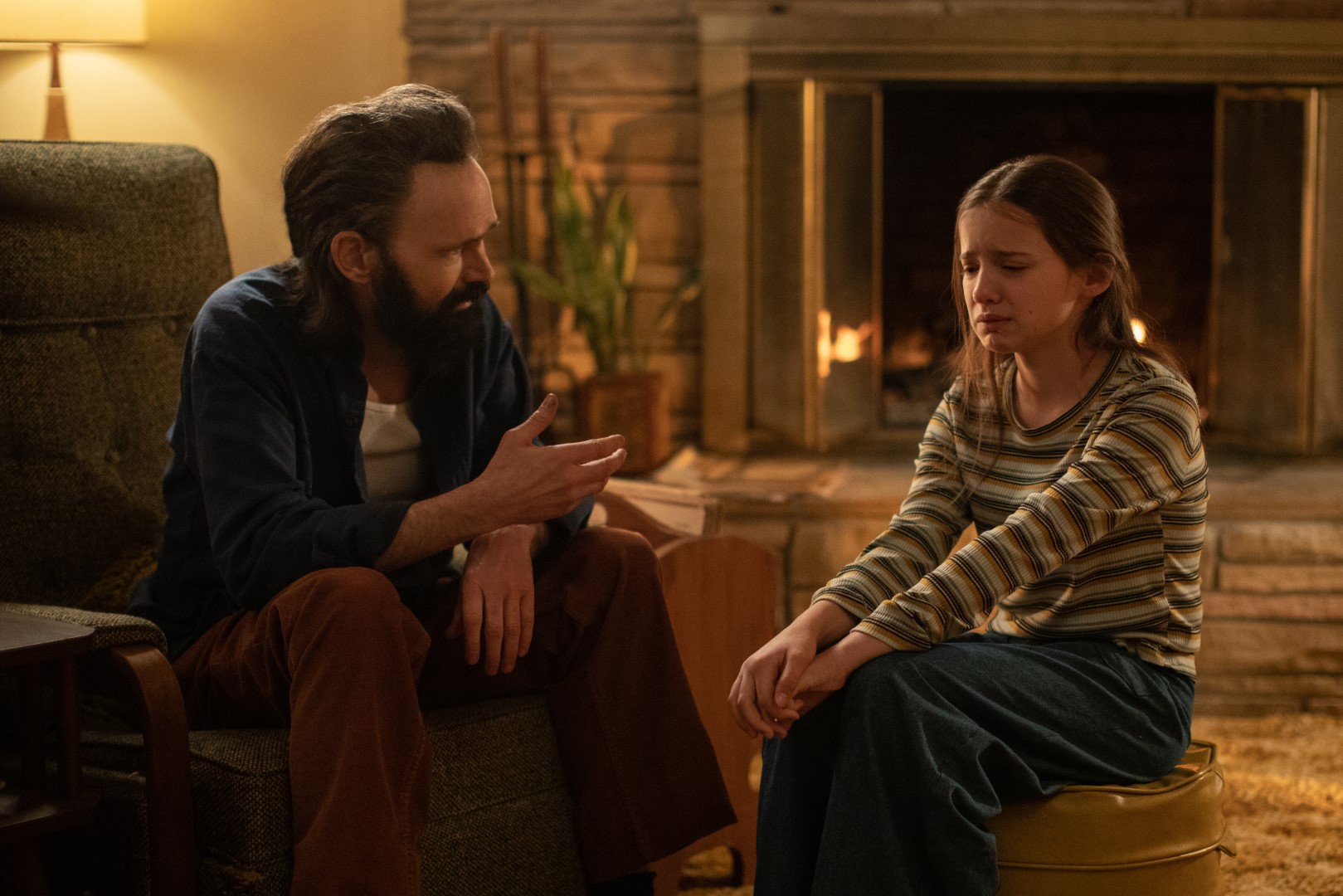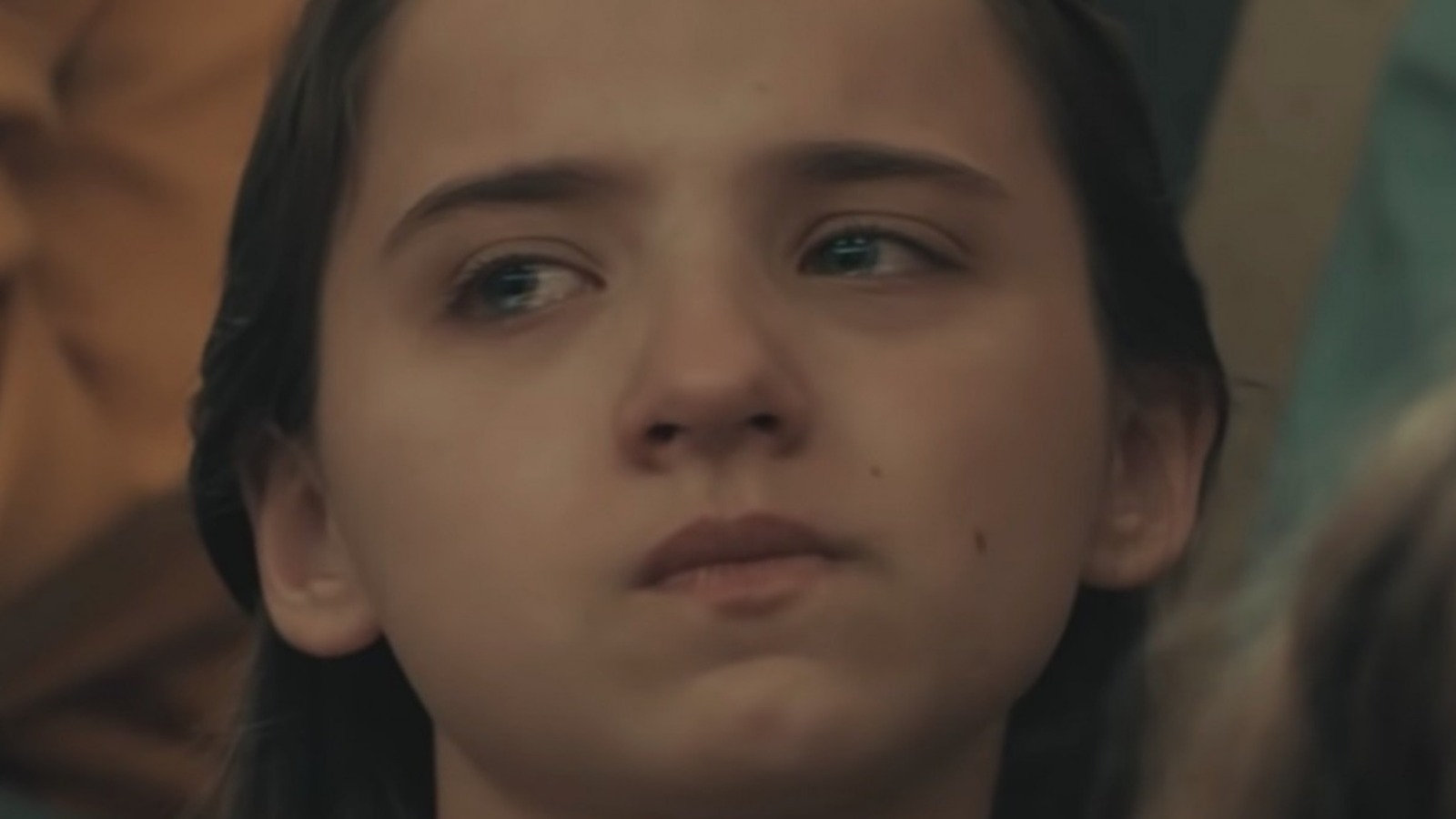The Black Phone: Gwen's "Fart Knockers" Catchphrase & More!
Can a simple rotary phone connect the dead to the living, offering a lifeline in the face of unimaginable terror? "The Black Phone," a 2021 supernatural horror film, masterfully explores this chilling premise, weaving a tale of suspense, resilience, and the enduring power of connection in the face of evil.
Set in a suburban Colorado town in 1978, "The Black Phone" plunges into the heart of fear as it introduces us to Finney Shaw, a 13-year-old boy who becomes the latest victim of a sadistic serial killer known only as "The Grabber." Abducted and imprisoned in a soundproof basement, Finney's only hope lies in a mysterious, disconnected black rotary phone on the wall. This is where the story truly begins, as the voices of the Grabber's previous victims begin to come through, offering cryptic clues and invaluable guidance from beyond the grave.
The film, directed by Scott Derrickson, is based on a 2004 short story and stars Mason Thames as Finney and Ethan Hawke as the Grabber. It masterfully builds tension, using the claustrophobic setting of the basement to amplify the sense of dread and helplessness. "The Black Phone" is not merely a slasher film; it's a character-driven story exploring themes of survival, courage, and the bonds of family. Gwen Shaw, Finney's younger sister, portrayed by Madeleine McGraw, plays a crucial role, her own intuitive abilities providing a desperate hope from the outside. The film, while dealing with the terrifying reality of a serial killer, underscores the importance of hope and the resilience of the human spirit.
| Full Name | Gwen Blake (Also known as Gwen Shaw) |
| Date of Birth | Unknown |
| Place of Birth | Colorado, USA (Likely) |
| Parents | Terrence Blake (Father), Mother's name unknown |
| Siblings | Finney Blake (Older Brother) |
| Physical Appearance | Brown hair, blue eyes |
| Notable Characteristics | Possesses intuitive and possibly psychic abilities (oneiromancy), strong bond with her brother, resilience. |
| Portrayed by | Madeleine McGraw |
| Related Works | "The Black Phone" (2021 film) |
| Reference | IMDB - The Black Phone (2021) |
The film's success lies not only in its spine-chilling narrative but also in the stellar performances. Ethan Hawke delivers a chilling portrayal of the Grabber, his unsettling performance adding a layer of psychological depth to the antagonist. Mason Thames, in his breakout role as Finney, perfectly encapsulates the fear and determination of a young boy fighting for his life. Madeleine McGraw as Gwen is equally compelling. She becomes the embodiment of hope. This is where audiences find a deep sense of connection through her, which drives the movie forward.
The narrative of "The Black Phone" draws upon a 1978 Colorado setting, providing a sense of historical context and an air of authenticity. The film's 1970s aesthetic, the cars, the clothes, the hairstyles all bring a sense of realism to the story. Director Scott Derrickson has made an effective use of all these elements to immerse the audience in the time and place where the horror unfolds.
The film deftly uses the supernatural elements to heighten the tension and drive the plot forward. The disconnected phone becomes a portal, connecting Finney with the spirits of the Grabber's previous victims. These spectral voices become Finney's guides, offering him advice, warnings, and the means to survive. The sound design of the film, the crackling of the phone, the disembodied voices, all contribute to the film's unsettling atmosphere.
The strength of "The Black Phone" is in its character development. Finney is not just a victim; he is a resourceful and resilient protagonist. Gwen, with her intuitive abilities, offers a different perspective, a beacon of hope in the darkness. Their relationship, their bond as siblings, gives the audience an emotional investment in the story. The audience genuinely roots for their survival.
The film cleverly contrasts the physical and psychological aspects of the horror. The Grabber's basement represents the physical confinement. The terror it invokes goes beyond the physical. It's about the psychological trauma of being trapped, the fear of the unknown, and the struggle to maintain hope in the face of despair. "The Black Phone" understands that true horror comes not just from the monster, but also from the environment that gives it power.
The use of the voices of the Grabber's previous victims elevates the film beyond a typical slasher. It gives a sense of closure to the victims, providing an opportunity for them to help another, even in death. Their guidance and their experiences add layers of complexity to the narrative, turning the film into a story about empathy, connection, and the enduring power of the human spirit.
The film's ending offers a satisfying resolution, providing a sense of catharsis for the audience. While the road to that resolution is filled with suspense and peril, the ultimate outcome affirms the power of courage, resilience, and the importance of fighting for what is right. It's a testament to the triumph of good over evil, and the enduring strength of the human will.
The success of "The Black Phone" also owes a great deal to its source material. Joe Hill's original short story provides a solid foundation for the film, with its tight plotting, well-developed characters, and chilling premise. The film expands on the story, adding new layers and nuances. In many ways, "The Black Phone" becomes a classic horror tale, drawing inspiration from the masters of the genre, while still forging its own unique path.
One of the most striking aspects of "The Black Phone" is its ability to generate suspense without relying solely on gore. While there are moments of violence, the film's power comes from its masterful use of atmosphere and psychological tension. The audience is kept on the edge of their seats, constantly anticipating what will happen next. This anticipation is far more effective than gratuitous violence. The fear that the viewer experiences becomes as real as the events on screen.
The films setting of 1978, with its aesthetic, serves as more than just a backdrop. It becomes a character in itself. The world feels real and lived-in. The filmmakers have created a setting that is both familiar and unsettling. This blend of realism and unease enhances the film's horror. The audience feels grounded in the world of the film while being simultaneously unsettled by the events unfolding.
In the context of horror, the films exploration of themes, specifically those of trauma and resilience, is a key factor in why the film resonates so strongly with audiences. Finney's struggle for survival reflects a deeper examination of the human spirit's ability to endure in the face of adversity. Gwen's unwavering hope provides a counterpoint to the film's darkness, illustrating the importance of connection and belief.
The portrayal of the Grabber also deserves attention. Ethan Hawke's performance is nuanced. He doesn't simply play a generic villain. He gives the Grabber depth and complexity, making him a truly terrifying antagonist. This adds to the film's overall effectiveness. It transforms the Grabber into something far more unsettling than a simple monster.
Beyond its suspenseful plot and performances, "The Black Phone" uses symbolism and visual storytelling. The black phone itself becomes a symbol of hope, a lifeline to the outside world. The basement represents the darkness and isolation. The film uses visual elements to reinforce the emotional impact of the story. These elements help create a strong and engaging viewing experience.
"The Black Phone" also touches upon the effects of childhood trauma and the lasting impact of violence. The film shows the cycle of abuse and the scars it leaves. The characters are struggling with the effects of their experiences. The filmmakers use these elements to add a layer of depth to the story. They provide a deeper understanding of the characters' motivations and behaviors.
The film's ending is not simply a resolution of the conflict. It's a statement about the power of connection, resilience, and the ability to overcome even the darkest of circumstances. The final moments offer a sense of hope, reminding us that even in the face of evil, the human spirit can prevail. The films impact lies not only in its horror elements but also in the emotional journey it takes the audience on.
The film's success is a testament to the power of adaptation and storytelling. It shows how a well-crafted film can take a chilling premise and transform it into a powerful and moving experience. "The Black Phone" is more than just a horror film; it's a story about the human condition. Its a story about facing fear, finding courage, and never losing hope, even in the face of the darkest of horrors.
In conclusion, "The Black Phone" is a must-watch for fans of the horror genre. It's a film that stays with you long after the credits roll. The films effectiveness lies in its ability to blend suspense, character development, and thematic depth. This combination makes it a modern classic. This is a film that showcases the enduring power of hope, resilience, and the enduring strength of the human spirit.


